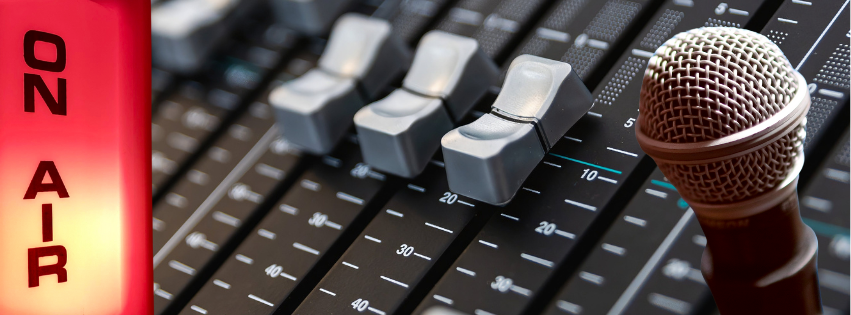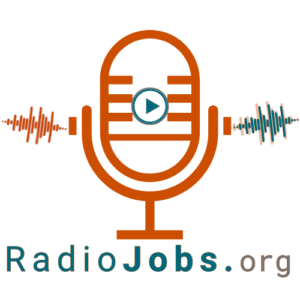
Crafting a Standout Radio Resume
Resume Tips from the Radiojobs.org Staff
Your resume is your first mic check—it’s got to cut through the static to land a radio job. Whether you’re a DJ, producer, sales rep, or tech, stations get stacks of applications, and the best ones grab attention fast. We’ve sifted through plenty at Radiojobs.org, and the standouts share a few tricks. Here’s how to build a resume that gets you in the door.
Keep it tight—one page, no fluff. Station managers are slammed; they’ll skim, not study. Lead with your strongest stuff: if you’re on-air, list your last gig or demo link right up top. Producers, highlight a show you shaped; sales folks, flaunt your biggest client win. No experience? Start with a line on why radio’s your thing—passion can open doors if it’s real.
Tailor it to the role. A Program Director wants on-air hours or ratings bumps—say “Hosted PM drive, grew listeners 10%.” A tech role needs gear know-how—“Managed studio board, cut downtime 30%.” We’ve seen candidates miss out by sending generic resumes that don’t scream “I get this station.” Check their format and market on their site, then match your skills to their needs.
Numbers and specifics sell. Don’t just say “I did mornings”—say “Ran 5-hour morning show, 50k weekly listeners.” Sales? “Closed $20k in local ads, Q3 2024.” No stats? Use examples: “Produced 10 weekly segments, booked 5 guests a month.” It’s radio—details prove you’re not just talk.
Got digital skills? Show them. Stations live online now—streaming, podcasts, socials. If you’ve cut a podcast, run an Instagram for a show, or edited video promos, call it out. We’ve watched newbies land gigs because they could TikTok a station event while vets stuck to AM/FM thinking.
New to radio? Don’t sweat it—lean on what transfers. Journalism grads can pitch newsroom skills; sales pros can highlight cold-calling chops. Internships or college stations count—list them. Even a home demo shows grit. Just don’t pad it with unrelated jobs—your barista stint doesn’t move the needle here.
Finally, proof it hard. Typos kill your shot—PDs see them as a sign you’ll botch a live read. And always include a demo link if you’re on-air; no clip, no chance. Not on-air? A portfolio (produced spots, sales decks) helps.
Polish that resume, then hit Radiojobs.org to find openings. Got a demo? Share it here. Your next gig’s waiting—make sure your resume’s the one they pull.
1 Comments



Crafting a Standout Radio Resume – Radio News
[…] post Crafting a Standout Radio Resume appeared first on […]